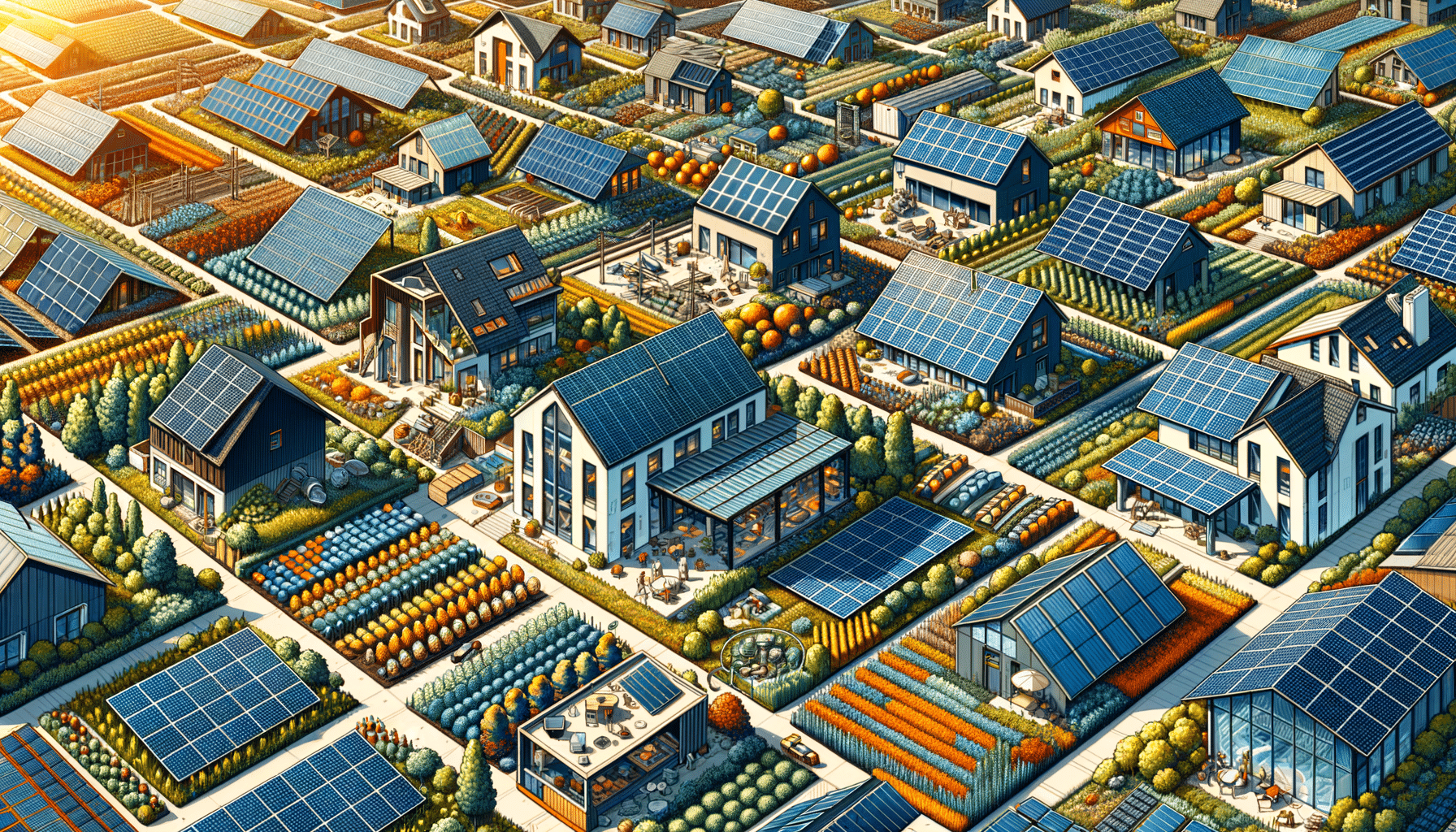
Exploring Solar Options for Your Property
Introduction to Solar Systems
In recent years, the push for sustainable energy solutions has brought solar systems to the forefront of home and business energy strategies. Solar panels convert sunlight into electricity, providing a renewable and environmentally friendly energy source. This shift towards solar energy is driven by the need to reduce carbon footprints and the increasing cost-effectiveness of solar technology. As solar systems become more affordable, they present an attractive option for those looking to save on energy bills and contribute to a cleaner planet.
How Solar Panels Work
Solar panels are composed of photovoltaic cells that capture sunlight and convert it into direct current (DC) electricity. This electricity is then transformed into alternating current (AC) through an inverter, making it suitable for home use. The efficiency of a solar panel depends on various factors, including the type of photovoltaic cells used, the angle and positioning of the panels, and the amount of sunlight the location receives. Modern solar panels are designed to maximize energy absorption, even in less-than-ideal weather conditions.
Benefits of Installing Solar Systems
Investing in solar systems offers numerous benefits. Firstly, they significantly reduce electricity bills, as the energy generated from the sun is free once the initial installation costs are covered. Secondly, solar panels increase the value of your property, making it more attractive to potential buyers. Additionally, many governments offer incentives and tax breaks for solar installations, further reducing the financial burden. Furthermore, solar energy is a clean and sustainable source, reducing dependence on fossil fuels and lowering greenhouse gas emissions.
Choosing the Right Solar System for Your Needs
Selecting the appropriate solar system involves considering several factors such as your energy needs, budget, and property characteristics. It’s essential to assess the amount of sunlight your location receives and the space available for panel installation. Consulting with a solar energy expert can provide insights into the most suitable system for your specific requirements. Additionally, exploring financing options and understanding the long-term savings can aid in making an informed decision.
Future Trends in Solar Technology
The future of solar technology looks promising, with continuous advancements aimed at improving efficiency and reducing costs. Innovations such as bifacial panels, which capture sunlight from both sides, and solar tiles that integrate seamlessly into roofs, are gaining traction. Additionally, the development of energy storage solutions, like advanced batteries, enhances the reliability of solar systems. As technology progresses, solar energy is expected to become an even more integral part of the global energy landscape.


